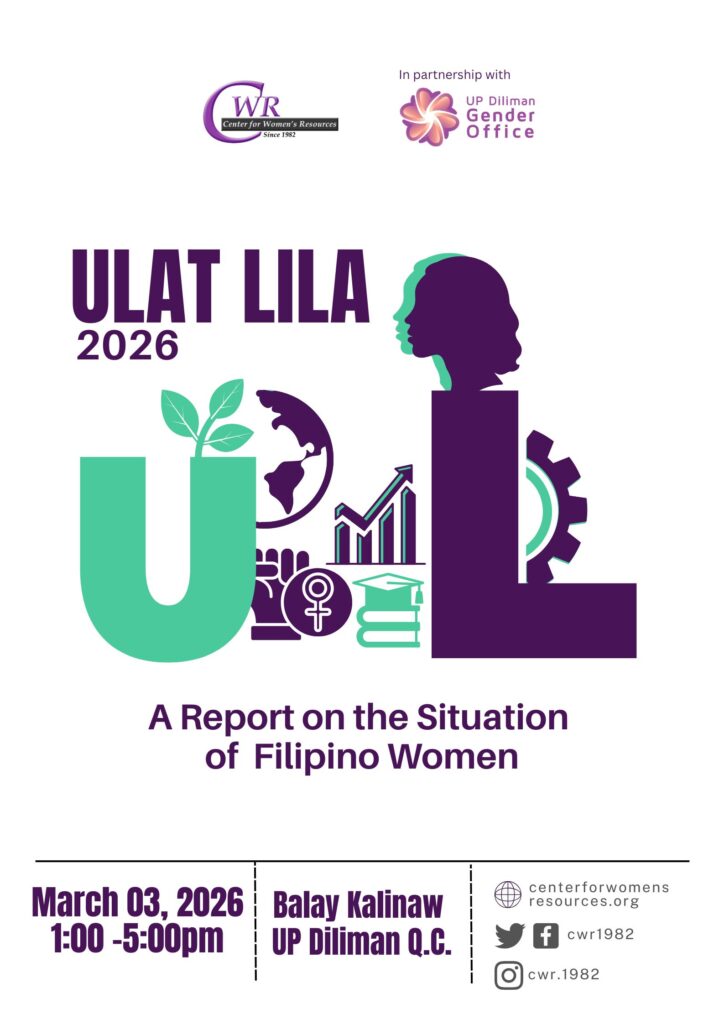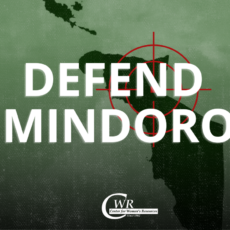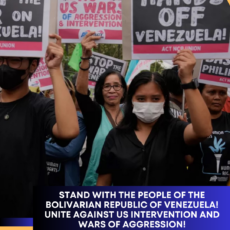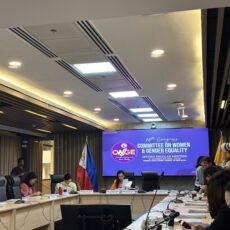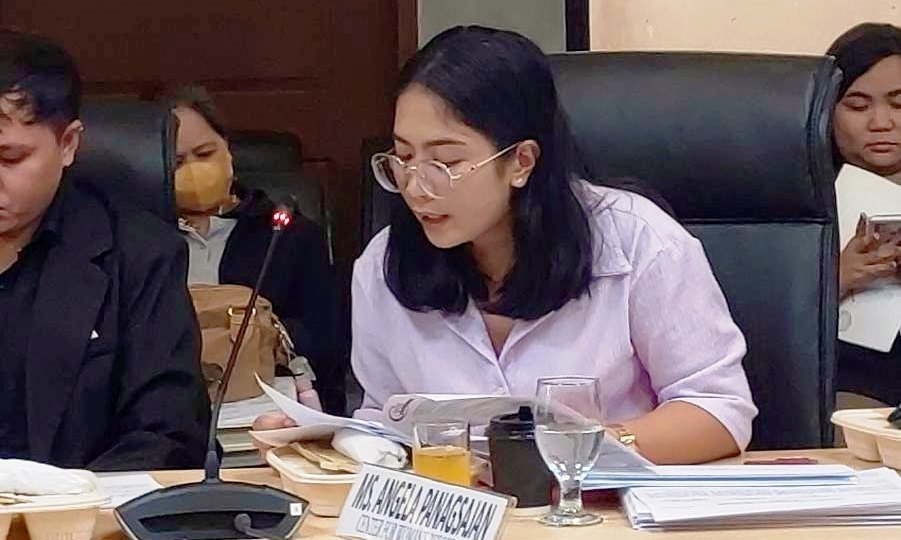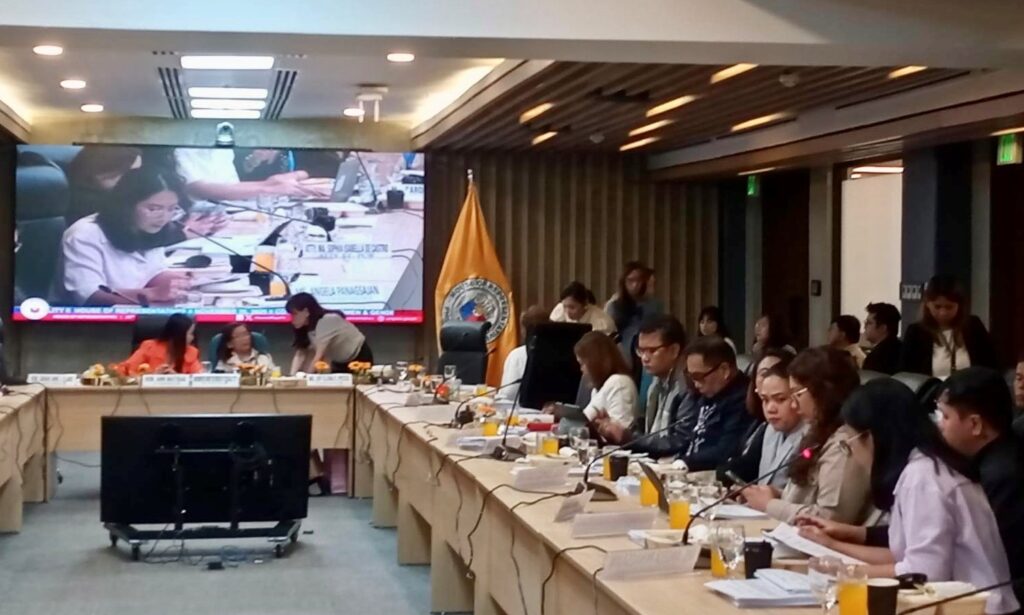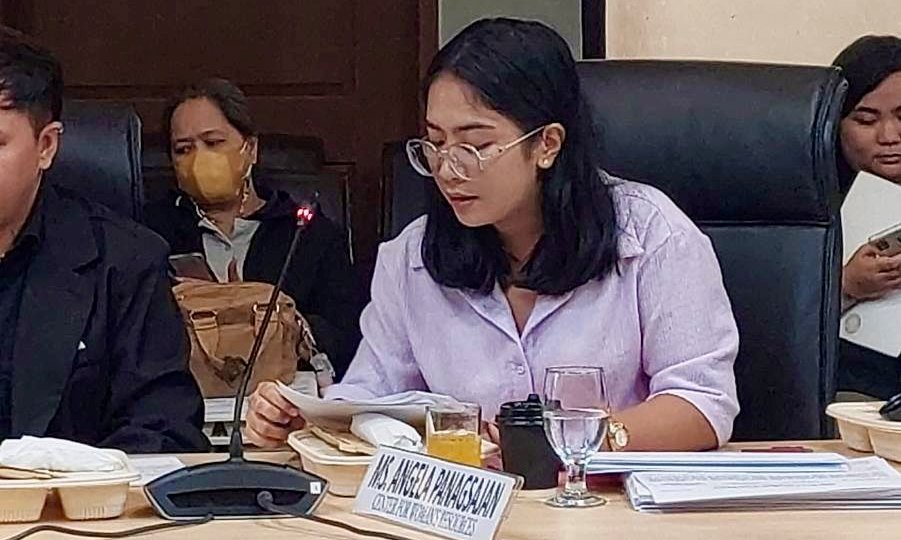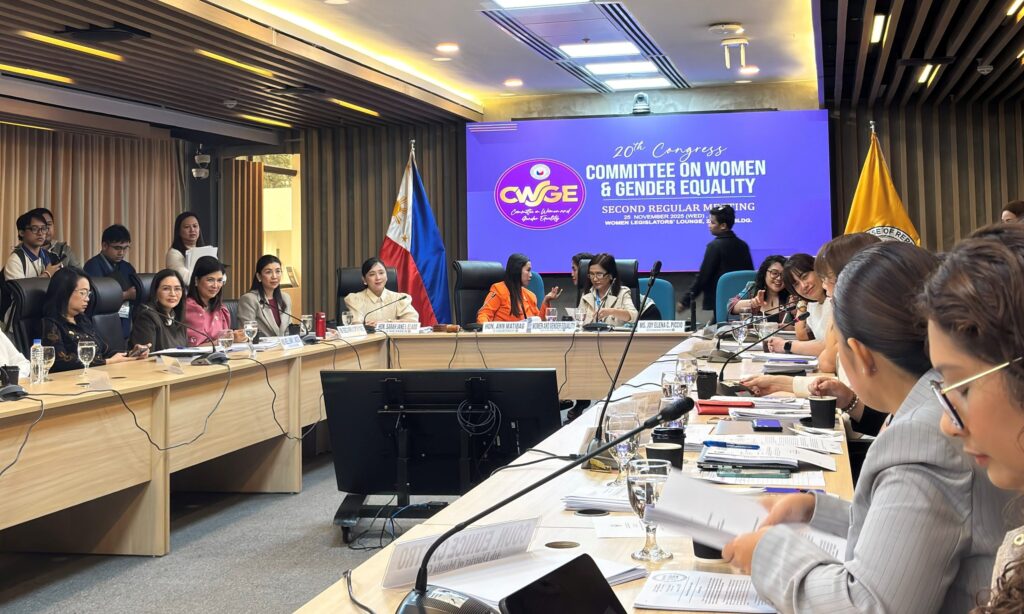The Safe Spaces Act (Republic Act No. 11313), also known as the “Bawal Bastos Law,” aims to protect individuals, especially women, LGBTQ+ persons, and other vulnerable groups from gender-based harassment and discrimination in public spaces, workplaces, and online platforms.
The Center for Women’s Resources (CWR) supports the proposed amendments to increase penalties for violations, as this will strengthen accountability mechanisms and provide more robust protection for victim-survivors.
Rationale for increased penalties
Gender-based harassment has long been normalized, minimized, or dismissed. Increasing penalties will create a stronger deterrent effect and send a clear message that such behavior is unacceptable and will be met with serious legal consequences.
From January to November 2024, the PNP Crime Incidence Reporting and Analysis System recorded 458 violations of the Safe Spaces Act. This number is highly conservative, as cases of sexual harassment and assault remain significantly underreported due to fear of disbelief, retaliation, and widespread victim-blaming.
Gender-based harassment in workplaces
In 2023, seven female employees of the Bogo Water District reported that an administrative worker used his authority to sexually harass them. They stated that he sent sexually explicit messages, touched them inappropriately in the workplace, and, in one instance, pinned down a worker and attempted to rip her blouse.
When the victims sought help internally, the administration allegedly instructed them to stay silent to “protect the integrity of the office,” and no immediate investigation was conducted. Fearing for their safety and seeing no action from management, the women resigned or chose not to renew their job-order contracts.
The Bogo Water District incident illustrates the urgent need for stiffer penalties when perpetrators occupy positions of authority. The admin worker’s power allowed him to commit acts of sexual harassment, intimidate his victims, and delay accountability. The victims were left without meaningful protection, even forcing several to leave their jobs for their safety. This is a clear abuse of authority and a breach of public trust.
Sexual harassment in schools
Reports of sexual harassment in schools are also deeply alarming. According to the Department of Education’s (DepEd) Telesafe Contact Center Helpline, 70 incidents of sexual abuse were reported on Philippine campuses from November 2022 to November 2023, figures widely believed to be highly underreported. Numerous cases of sexual abuse in schools have also surfaced on social media, which further shows the severity and prevalence of the problem. In many of these cases, the abuse is carried out by individuals in positions of authority, including teachers, school personnel, and other officials.
Individuals who hold authority carry a heightened responsibility to act with integrity. For this reason, we support stricter penalties for perpetrators in positions of power. Enhanced consequences recognize the gravity of this breach of trust and deter future abuse by signaling that authority does not grant immunity.
Unsafe public spaces
In a survey conducted by SWS and UN Women in Quezon City revealed that more than 80% of women said the sanctions under the Quezon City Anti-Catcalling Ordinance would make them more likely to report incidents of sexual harassment they experience on the streets. In addition, 70% of self-admitted perpetrators believed these penalties would discourage them from committing such acts again.
Need for education and public awareness campaigns
As mandated by law, public awareness campaigns must continue to be implemented. Ongoing education and advocacy are essential to challenge feudal, patriarchal norms and attitudes that perpetuate abuse and discrimination. These campaigns should raise awareness about the provisions of the Safe Spaces Act and promote a broader culture of respect and equality.
Download position paper: https://centerforwomensresources.org/wp-content/uploads/2025/12/position-paper_Nov-25.pdf
